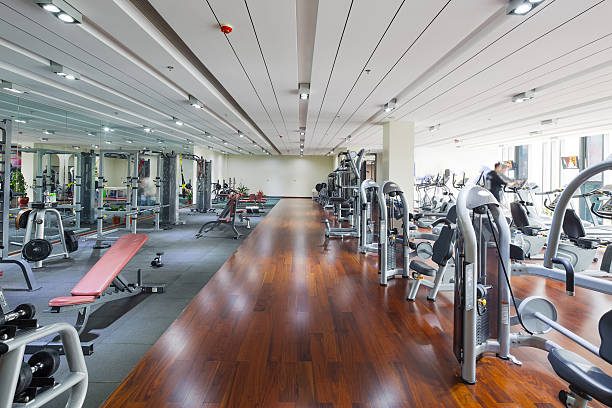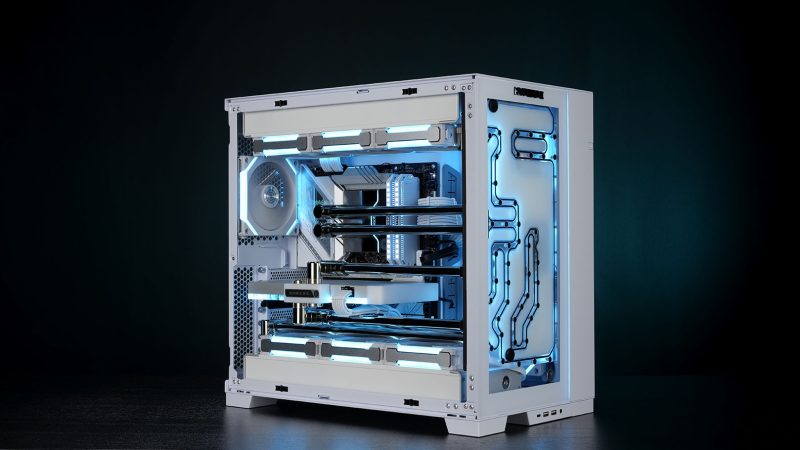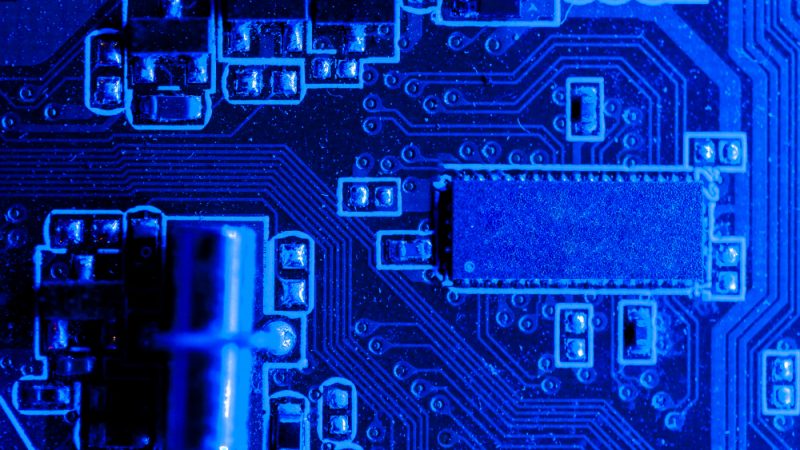How To Choose the Best Nutrition Analysis Software for Your Fitness Center

If you are in the nutrition industry, you should know that your clients will always need accurate nutrition information regarding every food they consume. It is essential that you are efficient with providing this information, and you do so quickly. Of course, this can be difficult, especially when you have many clients.
Usually, nutritionists, dieticians, and fitness professionals use a spreadsheet program to provide all the nutritional information their clients need, but this can be very time-consuming and stressful. You have to go through several hard copies of nutrient value tables, food composition tables, and other important documents to provide a nutrition analysis to your clients.
Luckily, technology has made our lives easier, and the nutrition industry has not been overlooked – with the best nutrition label software, you can achieve so many things relating to the field of nutrition. Nutrition analysis software has numerous advantages – you can easily find and provide all the necessary nutrition-related information to your clients. It is a more efficient method as it is less susceptible to human errors.
If you are in the nutrition industry, it is essential that you have excellent nutrition analysis software at your disposal so that you can easily access accurate nutrition information and share them with clients. Let us look at what you should consider when choosing nutrition analysis software for your fitness center.
How To Choose the Best Nutrition Analysis Software
Nutrition analysis involves scientifically calculating the nutrients a meal contains – healthcare professionals must provide accurate information about what their clients are eating by breaking down meals and recipes. A nutrition facts software has built-in calculations and a database of almost every kind of food from different parts of the world, and this is very advantageous when working with multiple clients.
The Latest Food Composition Data
When choosing nutrition analysis software, you should ensure that your software adapts and changes with you. The food composition data suitable for your geographic region should be included in your software. So, you should check that new versions and updates of food composition data are supported.
You should always get up-to-date information, so you should use a cloud-based system that will give you automatic updates on new features, food guidelines, and databases as soon as they are available. This way, you can always ensure that you are not relying on outdated information – food habits and food are constantly evolving as people quickly adapt to new products and change their preferences.
Nutritional Goals
Clients will always set goals with their healthcare professionals as it enables them to work harder and serves as a source of motivation. You need nutrition analysis software to help you keep track of your client’s progress, as this allows you to know how close they are to achieving their goals. Luckily, you do not need to spend hours tracking your client’s goals and progress using a spreadsheet – you can do so easily with your software.
With excellent nutrition analysis software, you should be able to track your client’s weight by counting their calorie intake using the built-in formulas, keep track of your client’s nutrition intake, monitor your client’s exercise goals, etc.
Recipe Calculation and Supplementary Information
A nutrition analysis software should have the appropriate supplementary information important to the individual and food. This includes nutrient calculations, information on food portion size, reference values relating to population diet, etc. With this, you do not need to spend hours on different tasks as they can easily be accessed.
Healthcare professionals should also have access to accurate recipe calculations – your nutrition analysis software should be able to accommodate changes that happen when foods are cooked or processed.
Meal Planning and Connectivity
Healthcare professionals should be able to plan for clients through their nutrition analysis software. The software should include in-built meal plans for people with health conditions and calorie restrictions, DRI (Dietary Reference Intake) nutrient goals so you can compare menus, and many other features necessary for meal planning. Now, you can plan your client’s meals easily and quickly.
You should be able to connect with your clients easily through nutrition analysis software, which will help improve client relationships.
Conclusion
As a fitness professional, it is essential that you have access to FDA-approved nutrition label software to make your job easier and quicker. It has many advantages, and you should follow the tips above to choose the right nutrition analysis software.






